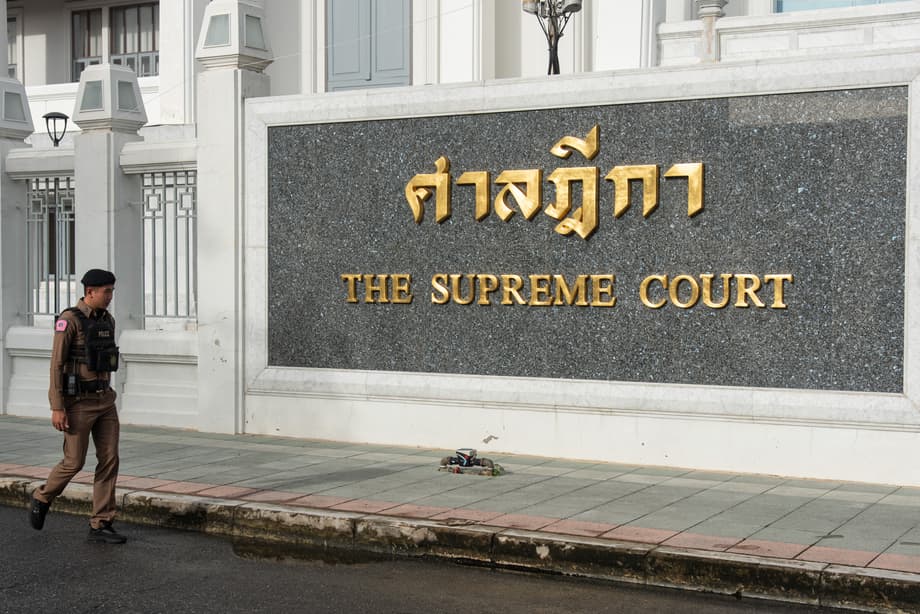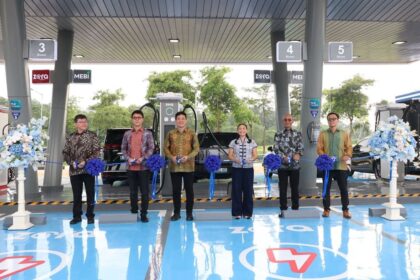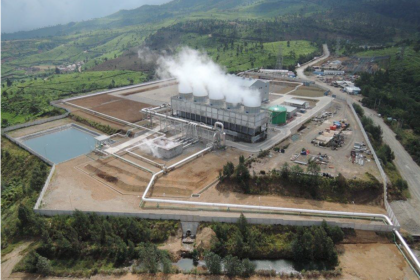A rare cross border defamation case reaches a Thai courtroom
An Australian journalist and academic, Murray Hunter, is set to stand trial in Bangkok after Thailand indicted him on a criminal defamation charge linked to his critical reporting about Malaysia’s internet and communications regulator. The case has drawn strong reactions from press freedom groups and legal advocates because the complaint originated in Malaysia, the writing was self published online, and the prosecution is taking place in Thailand. Hunter faces a maximum of two years in prison or a fine of up to 200,000 baht (about 9,500 Australian dollars) if convicted.
Hunter, a long time resident of southern Thailand, was detained on September 29 at Bangkok’s Suvarnabhumi Airport as he attempted to fly to Hong Kong. He spent the night in custody, was released on 20,000 baht bail (about 600 US dollars), had his passport seized, and remains under travel restrictions in Bangkok. Thai authorities indicted him in mid November. A trial is scheduled for late December, with the indictment rooted in four Substack articles he posted in April 2024 that alleged the Malaysian Communications and Multimedia Commission abused its power, censored critics, and operated under a conflict of interest.
Who is Murray Hunter and what he wrote
Hunter is a writer, blogger, and former academic who has contributed to international outlets and maintained a following on his Substack newsletter. He lives in the southern Thai city of Hat Yai. In April 2024 he published four articles examining the conduct of the Malaysian Communications and Multimedia Commission, known as the MCMC. The pieces alleged that Malaysia’s regulator was blocking websites critical of the government and that its leadership had conflicts of interest that undermined public trust.
The MCMC has repeatedly said it acts within the law and rejects claims that it censors for political reasons. The regulator has also emphasized that while it supports expression, it expects criticism to be grounded in facts and within legal boundaries. Hunter has said he stands by his reporting and argues the public has a right to scrutinize powerful institutions and the effect of online restrictions inside Malaysia.
Claims about the Malaysian regulator
Hunter’s articles accused the MCMC of overreach and politicization. He wrote that platforms and websites critical of the government were being blocked and that the regulator was working in ways that could chill debate on matters of public interest. The articles also alleged that the chair had a conflict of interest. The regulator rejects these characterizations. Malaysian authorities have previously said that individuals are free to express opinions, but that such freedom must be exercised responsibly and within the law.
How a Malaysian complaint ended up in Bangkok
The defamation complaint was filed in Thailand by a representative of the Malaysian regulator after the posts circulated online. Thai police and prosecutors proceeded on the premise that the articles were accessible inside Thailand and could influence readers there. Thai Lawyers for Human Rights, which is assisting Hunter, says authorities argued that the posts could lead the public in Thailand to believe the Malaysian regulator operated unlawfully, lacked credibility, abused its power, and was hostile to democratic governance. Under Thai law, defamation is a criminal offense that can be pursued by complaint. Prosecutors can proceed if they consider a case to be in the public interest or if the alleged harm occurs inside Thailand, including through online publication.
Thai criminal defamation charges are governed by the Criminal Code and have long been used against journalists, activists, businesspeople, and ordinary citizens. Trials can last years, acquittals are not guaranteed even when evidence is contested, and judges rarely dismiss complaints at an early stage. The court’s decision to accept the complaint in this case marks an unusual application of Thai law to writings about a foreign public body posted online from Thailand.
Hunter says the experience has upended his life. He remains unable to travel while preparing for a December trial and maintains that his articles were grounded in public interest reporting.
Speaking about the indictment and what he views as an attempt to silence criticism, Hunter said he is determined to continue defending his work.












